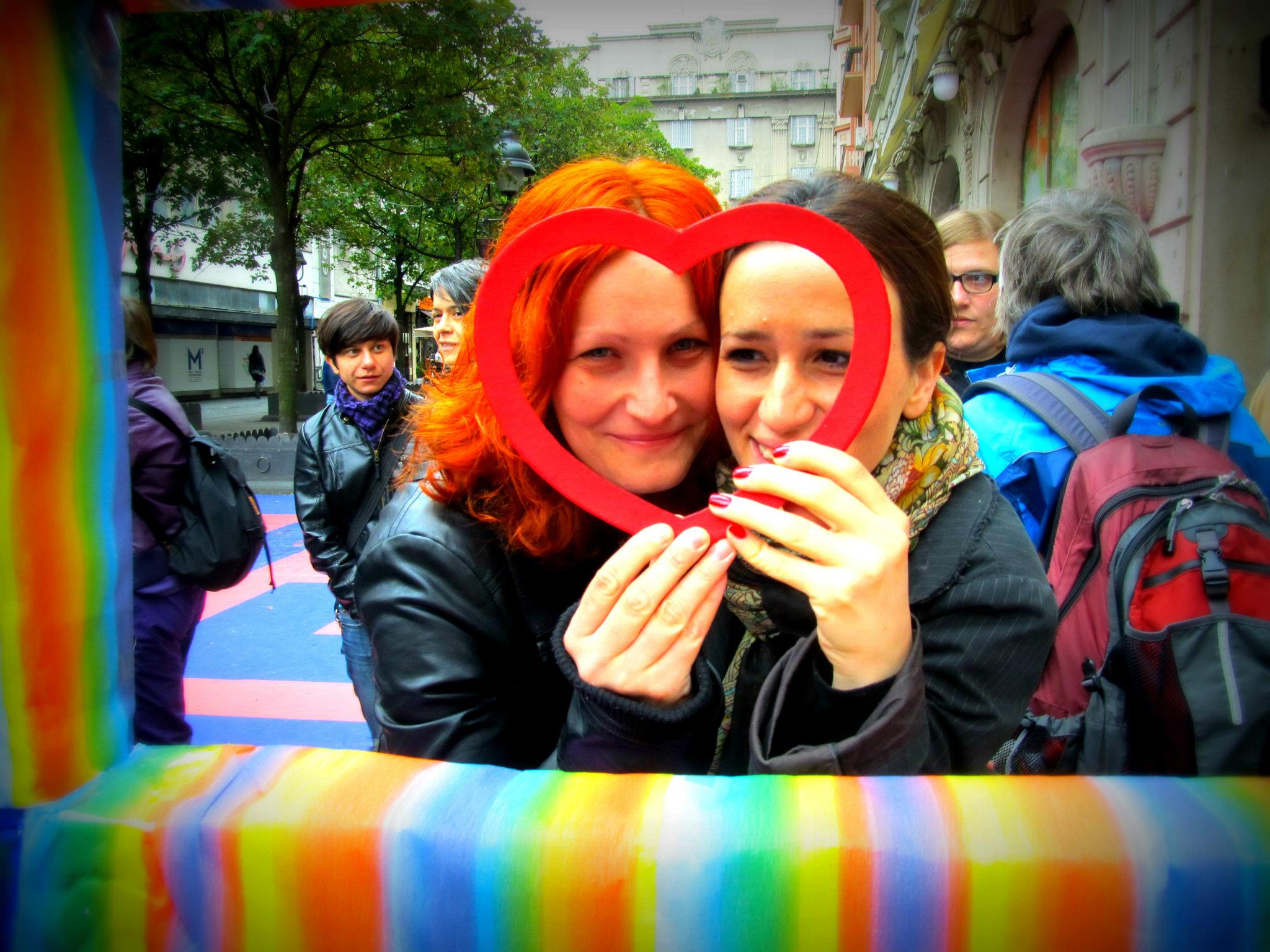Lesbians suffer from multiple discriminations based on their gender and sexuality in Serbia.
Why we care: Lesbian, bisexual and trans women in Serbia face homophobia and violence, resulting in their exclusion and marginalization from society.
How we’re solving this: Through education and empowerment workshops, lesbians in Serbia will overcome stigma and discrimination to claim their equal rights.
“We provide a safe space for lesbian and non-heterosexual women to embrace and freely express their identity in conservative Serbian society.” –Jelena Vasiljevic, Coordinator for Labris
Due to patriarchal traditions in Serbia, women and girls are discriminated against in many areas of private and public life and experience high levels of violence. Lesbians suffer from multiple discriminations based on their gender and sexuality. The stigma of being a lesbian and difficulty in dealing with their identity limits their presence in the public sphere, including at schools and in workplaces. Additionally, sexual minorities are often discriminated against when they seek psychosocial and health services. Lesbians and bisexual women are further marginalized within the larger LGBT community with men occupying the majority of decision-making positions.
As the first lesbian organization in the former Yugoslavia, now based in Serbia, Labris has been working to change harmful stereotypes for lesbian, bisexual, and trans women. To advance the position of lesbians in Serbian society, Labris works to ensure that laws protect LGBT rights. They also disseminate educational materials and organize advocacy campaigns to spread awareness on ending violence and harmful stereotypes. Labris successfully mobilizes and empowers the LGBT community to address challenges and to claim their rights. This group has made real progress: in 2008 the Serbian Medical Society finally changed its position to state that homosexuality is not a disorder, and in 2011, the organization launched seminars to sensitize high school teachers on the needs and rights of lesbian students.
Through this project, Labris will train 35 youth, adult lesbians, and activists from various cities in Serbia, through eight experiential education workshops. Workshops will engage participants in discussions on homophobia, violence and discrimination, coping with societal stigma, feminism, and coming out. In addition, the workshops will educate participants on their rights while providing the opportunity to exchange personal stories of empowerment.
As a result of this project, lesbian women and youth in Serbia will:
- Learn how to overcome, prevent, and speak out against violence and discrimination at home, in school, the workplace, and in politics
- Challenge stereotypes of lesbian women within their families and organizations toward social inclusion
- Advocate for equal rights for women, particularly sexual minorities


